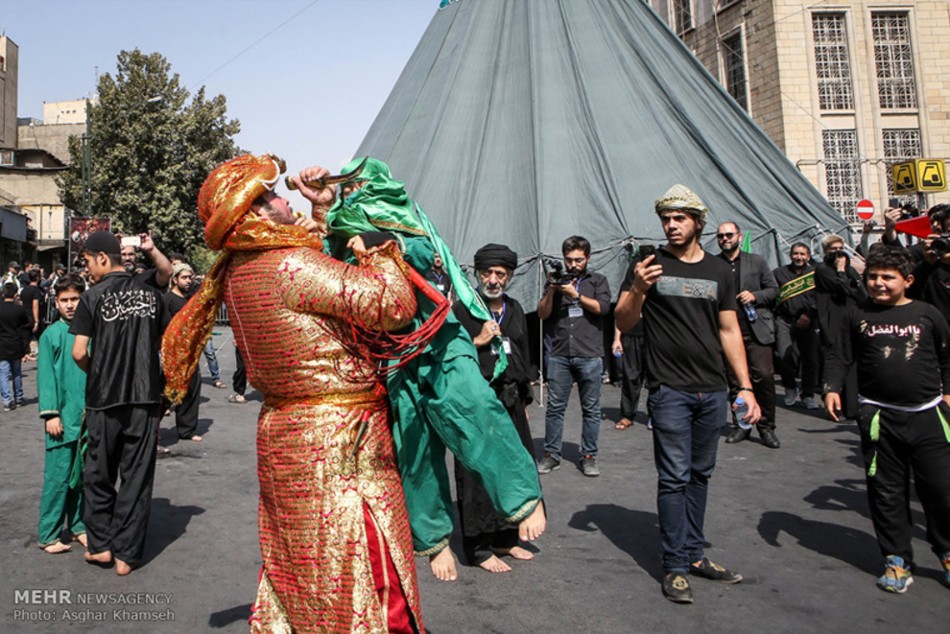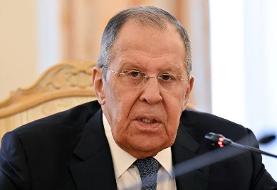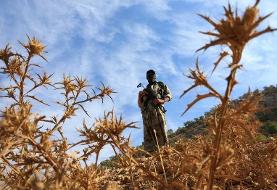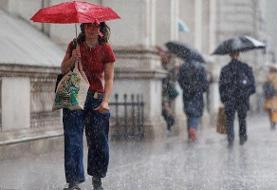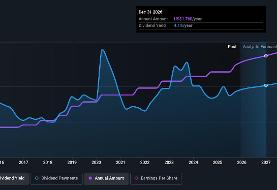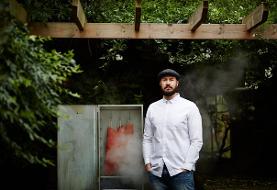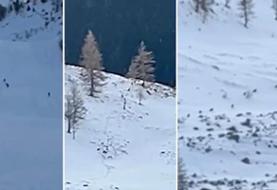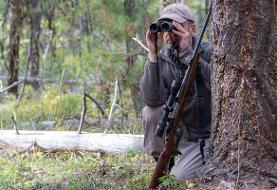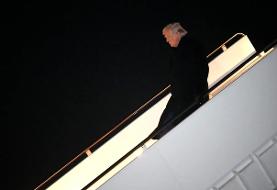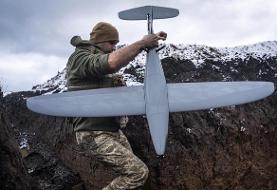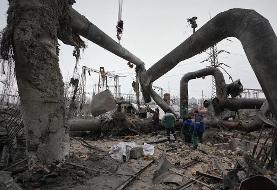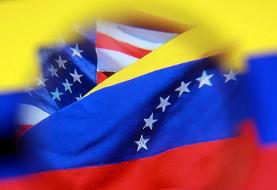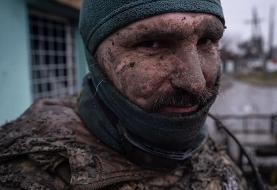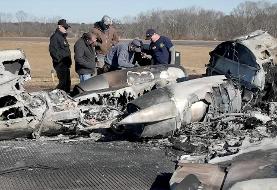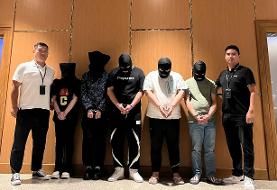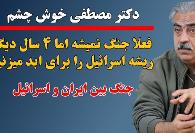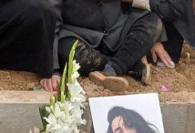In Pictures: Millions of Shias Parade in Iraq To Commemorate Imam Hussein

Independent Aggregator of Iran-related News/Events, Kodoom.com: In what some observers call the world's largest religious ritual, millions of black- or green-clad Shias, including more than a million Iranian pilgrims traveling long distances, promenade in a procession towards the shrine of Imam Hussein in Karbala, Iraq, every year on the 40th day (arbaeen) of martyrdom of Imam Hussein.
Along the paths of procession, many devout Shias serve offerings of free food (Nazri) and drinks to the mourners.
Others make offerings of free mobile charging stations on the march path:

Many younger pilgrims consider the parade as a religious carnival and a social opportunity to join friends.
Others carry their children or elderly to the parade:


Many celebrities attend the spiritual ritual. This year even former US Congresswoman Cynthia McKinney was part of the procession:


Some ride camels or carry animals to slaughter as offerings:
Imam (Saint) Hussein is Prophet Mohammad's grandson and Shia's third Imam (Saint) who was killed in 680 AD, along with his small group of supporters, in an epic battle against the army of the tyrannical ruler of the time, Yazid, who is respected by the Sunni sect of Islam.

The event honors a "David against Goliath" type of resistance by an oppressed minority willing to be martyrs for their just cause, basically guaranteeing victory against any powerful oppressive force. The Lebanese Shia militia, Hezbollah, used the doctrine successfully to organize and encourage local resistance against Israel's threats and occupation.
Despite bombings by ISIL and pro-Saudi extremist Sunni groups, the millions-strong parade has continued for years as a means to unite the Shia minority against tyranny and injustice of rulers like the deposed Saddam Hussein.

Imam Hussein was killed on the 10th day of Muharram (Ashura), which is commemorated 40 days before Arbaeen, also in large processions and dramatic rituals in countries like Iran, Iraq, Lebanon and Pakistan. In some of the street rituals during Ashura, scenes of Yazid's cruelty are displayed dramatically by volunteer actors.











